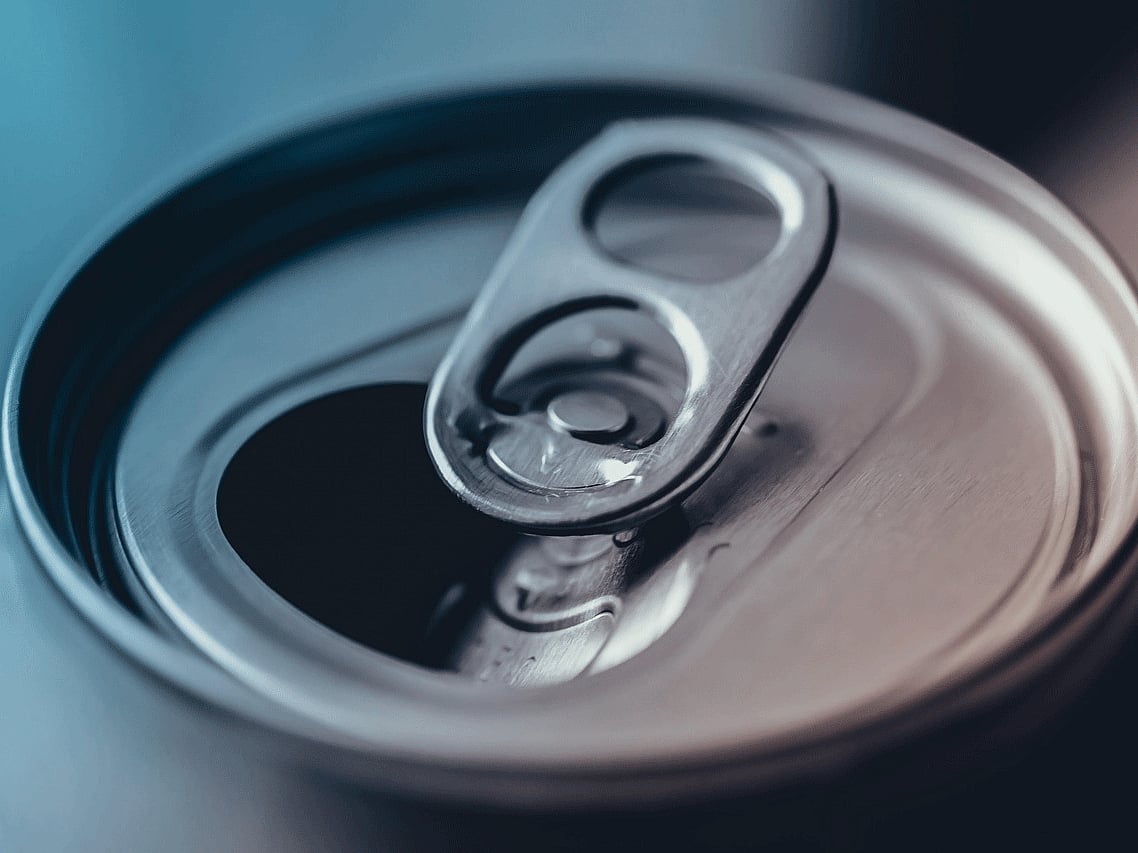Why the UAE and Saudi Arabia are taxing sweetened drinks, and will the rest of the Gulf follow?
GCC’s move to tiered beverage taxes blends health reform with fiscal strategy

Dubai: As the UAE and Saudi Arabia prepare to roll out sugar-based beverage taxes in 2026, the question now rippling across the Gulf is simple yet significant: Which country will follow next? The policy shift marks a major turning point in how Gulf governments approach both public health and fiscal planning, signalling a deeper effort to reduce sugar consumption while diversifying revenues away from oil.
Saudi Arabia, which first introduced a flat 50% excise on sweetened drinks in 2017, is now moving towards a volumetric model that taxes beverages based on sugar content per 100 millilitres. The UAE will introduce the same structure at the start of 2026, replacing its own flat rate with a graduated system tied directly to how much sugar is in the product. The new approach means the higher the sugar content, the higher the tax, a model already used successfully in countries such as the UK, Mexico, and Singapore.
According to Samer Hasn, Senior Market Analyst at XS.com, the shift is not a one-off experiment. “I believe it is likely that other GCC countries will follow this trend of imposing a tax on sweetened beverages,” he said. “Governments in the region are facing increasing financial pressures due to declining oil revenues and rising healthcare costs.” Hasn noted that the Gulf’s worsening obesity and diabetes rates, among the highest globally, are prompting policymakers to use fiscal levers as health tools.
This dual purpose, improving public health while stabilising public finances, highlights the broader GCC trend. "The GCC’s shift to a tiered sugar-tax model indicates a change in how governments view taxation, not merely as a revenue source, but as part of a broader health and preventive policy," In other words, the tax is no longer just a way to fund the state but a way to influence consumer behaviour and reduce the long-term cost of chronic disease.
Rising health concerns
Studies have already linked sugar-sweetened drinks to serious health conditions such as cardiovascular disease and colorectal cancer. Hasn pointed out that the costs of managing these illnesses are rising fast, making prevention a national priority. That context helps explain why both Saudi Arabia and the UAE have moved decisively, and why Bahrain, Oman and Kuwait are being watched closely as potential next adopters. Bahrain, which typically mirrors Saudi fiscal moves, may find alignment straightforward. Oman, facing a narrow fiscal balance, could view the tax as an additional revenue buffer, while Kuwait’s policymakers face more public resistance but similar health pressures.
The rise of no-sugar alternatives
The policy will also reshape how manufacturers operate. “This tax system will reshape pricing strategies for companies,” Hasn said. “It will force them to restructure their products by focusing on reducing sugar, offering low- or no-sugar alternatives, or emphasising natural options.” Beverage producers will need to reformulate recipes, revamp labels, and possibly absorb higher costs. Producing unsweetened natural juices is significantly more expensive than heavily sweetened versions, particularly those made with less than 30% natural ingredients.
Competition in the beverage market is expected to intensify. “This shift potentially accelerates competition between high-sugar and low- or zero-sugar brands,” Hasn added. “This could encourage beverage companies to innovate in flavours, healthy alternatives, and research and development, achieving the goals of governments, companies and consumers alike.” The tiered system may prompt new product launches across the GCC as brands race to capture the emerging health-conscious segment.
Economic diversification goals
For policymakers, the tax aligns neatly with long-term economic diversification goals. Reducing healthcare expenditure, improving productivity, and generating stable non-oil revenue streams all reinforce the region’s sustainability agenda. “By lowering the healthcare costs associated with these types of beverages, it contributes to making public finances more sustainable,” Hasn said. “That, in turn, facilitates the allocation of revenues toward productive areas such as investment and research and development.”
Gulf governments are beginning to treat fiscal policy as a lever for social change, and the sugary drink in your hand may soon reflect that shift. As Saudi Arabia and the UAE lead the charge, the rest of the GCC may soon decide that taxing sugar isn’t just about health or money, but about the kind of economy the region wants to build next.
Sign up for the Daily Briefing
Get the latest news and updates straight to your inbox
Network Links
GN StoreDownload our app
© Al Nisr Publishing LLC 2026. All rights reserved.